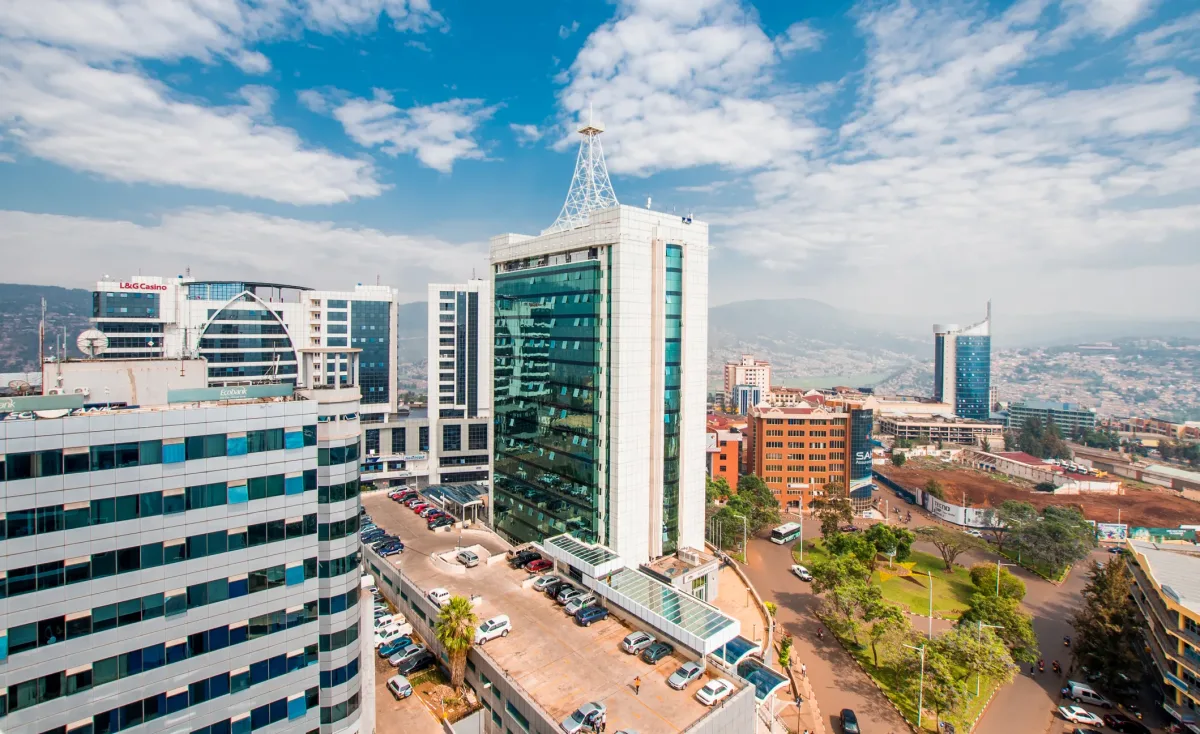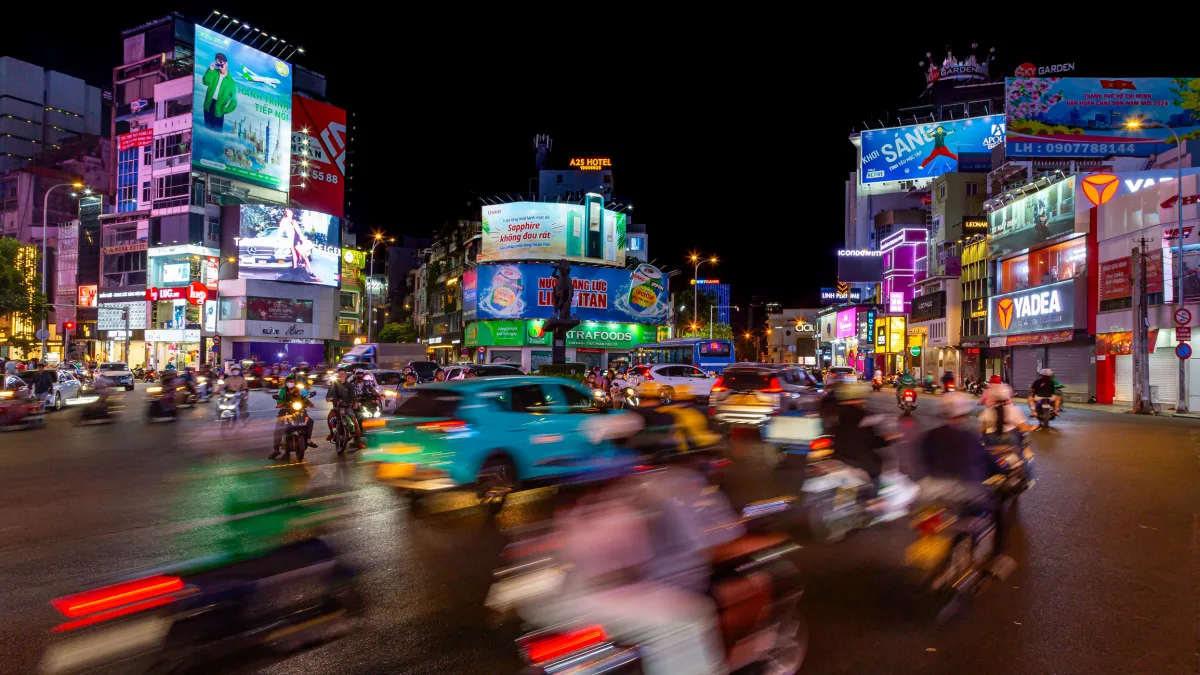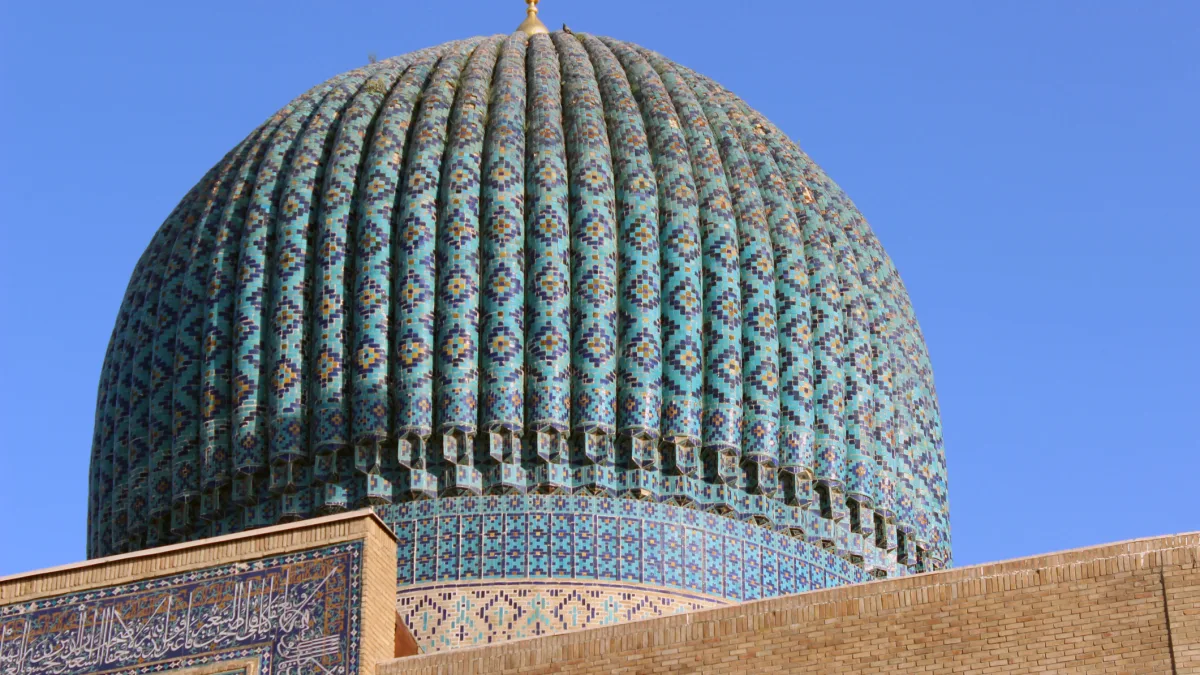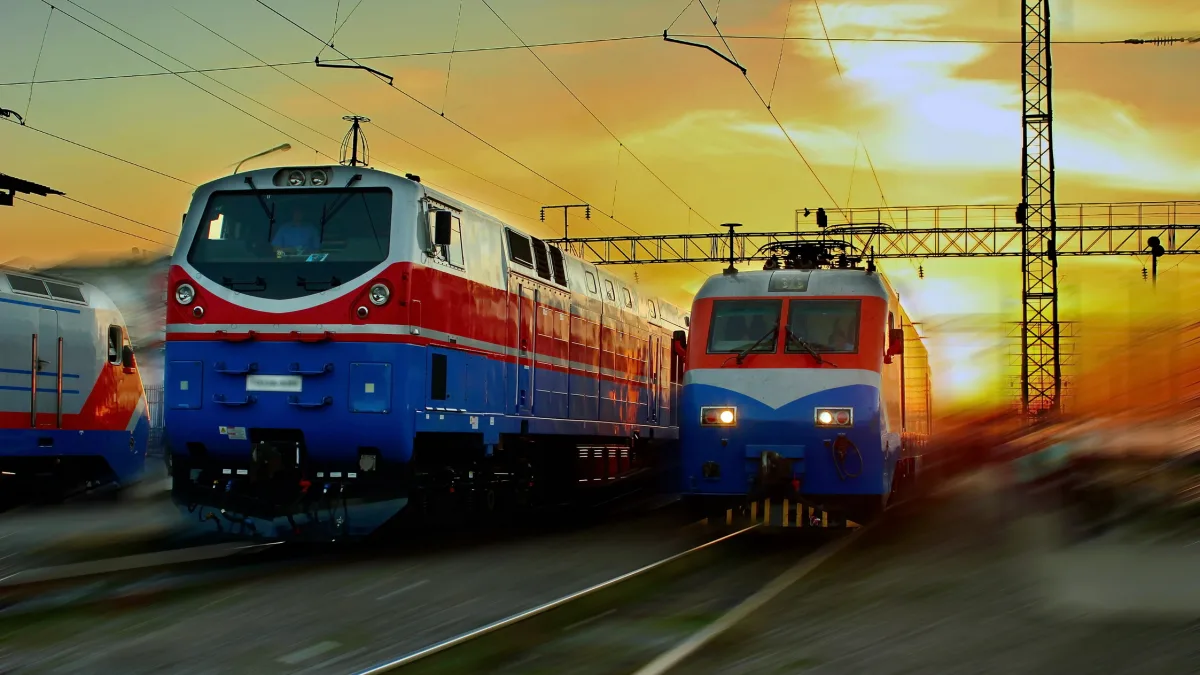Africa has long been dismissed as the world economy’s afterthought. No longer. The continent now sits at the centre of a fierce geo-economic struggle that is reshaping global power dynamics. Major powers are scrambling for influence—not out of altruism, but because Africa’s resources, markets and strategic position have become indispensable. This shift is rattling the West’s dominance and heralding a multipolar future.
Despite being home to nearly one-fifth of humanity, Africa accounts for a mere three per cent of global GDP and two per cent of world trade. This imbalance between potential and performance has turned the continent into a battleground where China, Russia, America, the EU, Middle Eastern states—and increasingly, African actors themselves—vie for advantage.
The great mineral grab
Beneath Africa’s soil lies roughly 30 per cent of the planet’s mineral wealth, including most known reserves of platinum, manganese and cobalt. The green transition has made these materials essential for everything from electric car batteries to wind turbines. China recognised this early, securing long-term deals by offering infrastructure and development projects in exchange for mining rights. Chinese firms now control significant cobalt extraction in the Democratic Republic of Congo and bauxite operations in Guinea.
Western powers have awakened to the threat belatedly. The EU recently launched its Critical Raw Materials Act and signed partnerships with Namibia, Rwanda and Zambia. America leads the Minerals Security Partnership to build ‘responsible’ supply chains—though it still lacks direct mineral deals with African states. While China digs into African soil, the West has merely bought commodities on global markets.
African leaders, meanwhile, grow weary of remaining mere exporters of unprocessed materials. The African Union’s mining strategy calls for local processing—turning copper into batteries, cocoa into chocolate. Progress is slow, but the ambition is clear: retain more value at home rather than enriching others.
Roads to riches
China’s Belt and Road Initiative has made it Africa’s foremost infrastructure builder since 2013. The results are visible: modern railways now connect Nairobi to Mombasa and Addis Ababa to Djibouti’s port, both built with Chinese expertise. Chinese firms have constructed ports from Kenya to Cameroon while highways and power plants have sprouted across the continent.
The West has scrambled to respond. The G7’s Partnership for Global Infrastructure promised 600 billion US dollars globally, though only crumbs have materialised in Africa. One bright spot is the Lobito Corridor—a Western-backed railway linking Zambia and Congo’s copper belts to Angola’s Atlantic coast. The EU promotes its Global Gateway strategy, but much remains on paper.
African governments welcome the competition. When multiple actors vie to offer financing, countries can choose the best terms—whether from Beijing, Brussels or Washington.
Energy crossroads
Africa’s energy wealth extends from traditional oil and gas to abundant solar and wind potential. The Ukraine crisis intensified Europe’s scramble for African gas supplies, with Italy quickly signing deals with Algeria and Libya while Germany courted Senegal. China has secured positions across the energy spectrum, from Sudanese oil fields to Nigerian gas projects and major hydropower plants.
Gulf states led by Saudi Arabia and the UAE are diversifying their energy investments, pouring money into everything from Angolan refineries to Moroccan solar farms. The UAE alone pledged 4.5 billion US dollars for African renewable energy in 2021.
African governments pursue a pragmatic two-track strategy: extracting oil and gas for immediate development while embracing renewables for long-term growth. Kenya pioneers geothermal energy, Morocco invests massively in solar, and South Africa accepts international support to shift from coal.
Digital frontlines
The mobile revolution has already transformed African daily life—mobile payments and fintech from Nairobi to Lagos often surpass Western equivalents. Now the battle is for the next phase: internet infrastructure, 5G networks and artificial intelligence.
Chinese firms Huawei and ZTE have built much of Africa’s telecoms networks, offering cheaper technology with loans and training—no political strings attached. This alarms America, which pressures countries to avoid Chinese 5G over security fears. Yet few African governments can ignore Huawei’s attractive packages.
Western tech giants are fighting back. Google has laid undersea cables and opened an AI research centre in Accra. Microsoft invests in cloud services and start-ups. Facebook eyes Africa as its next billion users. Still, competition remains fierce over who will deliver Africa’s digital future.
Continental ambitions
Africa’s most ambitious homegrown initiative is the African Continental Free Trade Area (AfCFTA), the world’s largest free trade zone by country count. Launched in 2021, it aims to create a single market of 1.3 billion people by removing tariffs and simplifying cross-border trade.
Currently, intra-African trade represents just 15 per cent of the continent’s total, compared with 60 per cent in Asia and 70 per cent in Europe. The World Bank estimates that full implementation could lift millions from poverty and significantly boost GDP by 2035. Regional value chains are emerging—South African cars reach neighbouring markets, Ethiopian textiles fill West African shops, Moroccan fertiliser supplies continental farmers.
Challenges abound. Infrastructure must connect African economies, bureaucratic barriers need dismantling, and some countries fear competition from neighbours. Yet the initiative signals clear intent: Africa wants economic unity to match its demographic and resource advantages.
Unconventional partnerships
New players complicate the picture. Gulf states have dramatically increased African investments, pouring over 100 billion US dollars into the continent in 2022-23 alone. They offer capital without Western-style political conditions—no lectures on democracy, just straightforward business. Dubai-based DP World now operates ports from Somaliland to Senegal, controlling vital sea routes.
Russia plays a different game. Economic ties remain modest aside from arms sales, but Moscow offers security services through private military companies in exchange for mining rights and UN votes. Russian paramilitaries have strengthened regimes in the Central African Republic and Mali while securing control of diamond mines and gold deposits.
This diversification gives African leaders unprecedented room for manoeuvre. A president might secure Saudi investment for energy projects while negotiating Chinese highways and American military support simultaneously.
Western reckoning
The West can no longer take African partnership for granted. China has overtaken the EU as Africa’s largest trading partner, while US-Africa trade volumes pale beside China’s. European and American companies must now compete with agile Chinese, Indian and Arab firms for contracts.
For Europe, this represents a particular shock. The EU historically viewed Africa as its ‘backyard’, but paternalistic approaches are crumbling. African independence was evident when many countries refused to condemn Russia over Ukraine. A new generation of African politicians prioritises investment and technology transfer over traditional aid.
America has responded with charm offensives—President Joe Biden hosted all African leaders in 2022, promising respectful partnership. Yet economic footprints remain small compared with competitors, concentrated in sectors like oil and aviation.
The centre holds
Africa’s transformation from periphery to centre reflects the Global South’s broader ascent. The continent no longer merely supplies raw materials to industrial powers but increasingly shapes global economic flows. Competition between China, the West, Middle Eastern states and Russia has given African countries options—and leverage.
The African Union’s G20 membership provides a long-awaited voice at the world’s most powerful economic forum. Regional blocs like ECOWAS and SADC coordinate policy across borders. Though cooperation often moves slowly, the direction is clear: African leaders want to shape their own destiny rather than remain pawns in others’ games.
For Western powers, this requires a fundamental mindset shift—from guardian to partner, from dominance to cooperation where possible. Those who underestimate Africa’s rising importance do so at their peril. As global supply chains reorganise and new trade routes emerge, the continent that was once considered peripheral may well prove central to the 21st century’s economic order.
The scramble for Africa is on—but this time, Africans themselves hold many of the cards.
Photo: Dreamstime.







